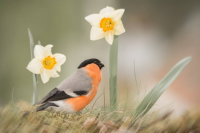1、 Curing method
1. Temperature: it can also be seen from its distribution range that it has relatively high requirements for temperature. Therefore, it is more suitable for it at 20 to 30 degrees. In winter, it should not be allowed to stay in too cold places for a long time, not less than eight degrees, so as to ensure its safe winter
2. Light: Dendrobium nobile likes a shady environment, but it can't be completely dark. Generally speaking, when it is in the growth stage, it is more appropriate to shade at 60%. When it is in the seedling stage, it needs to strengthen shading, which is more appropriate at 70%. In winter, you don't need shade
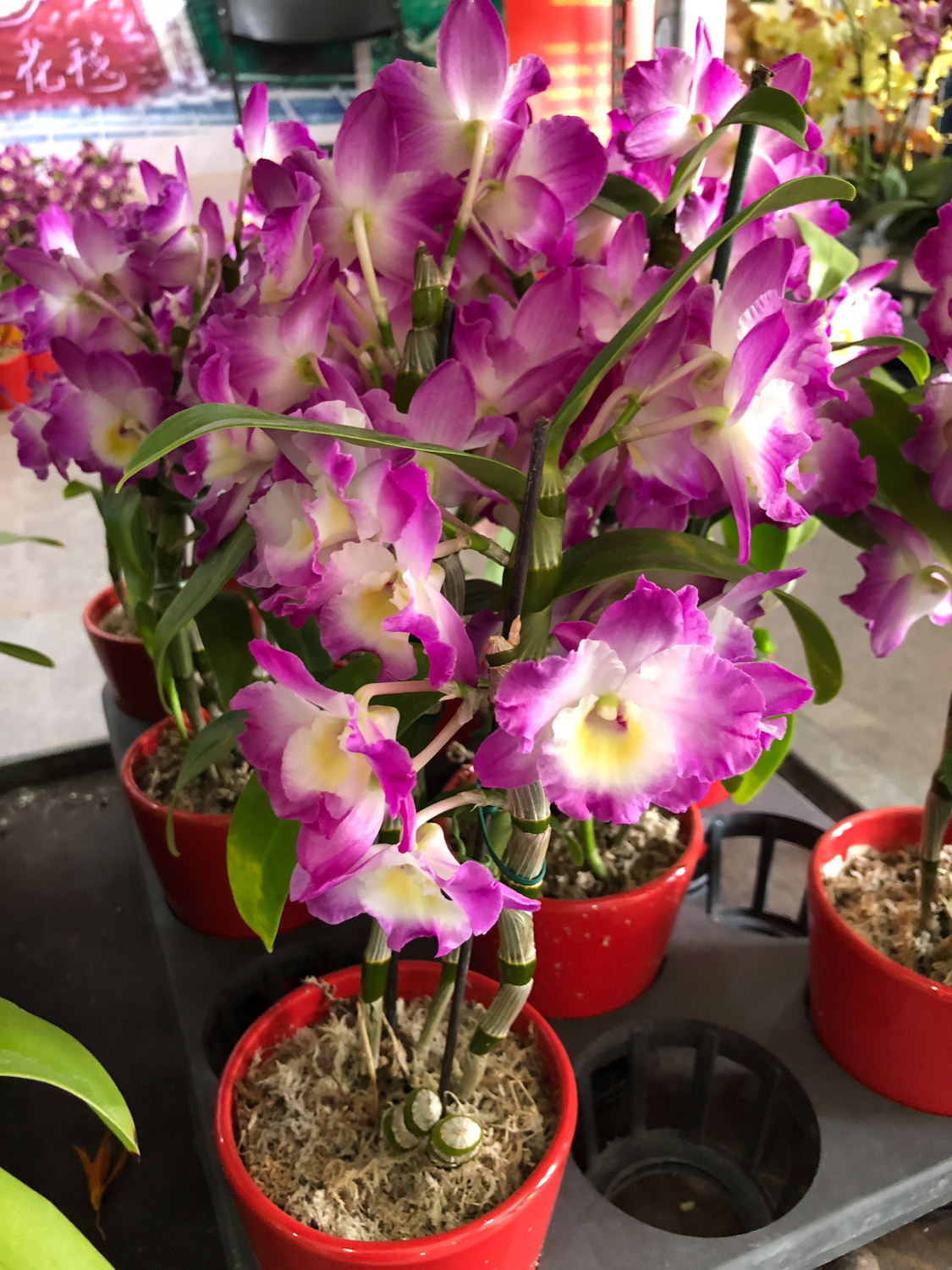
3. Watering: Dendrobium nobile likes to be wet. It is better to keep the soil moist at 60-70% and the air moist at 70-80%. It should be noted that water control is required in summer and winter
4. Fertilization: Dendrobium nobile doesn't need much fertilizer. It can only be used in spring and autumn, but once a month
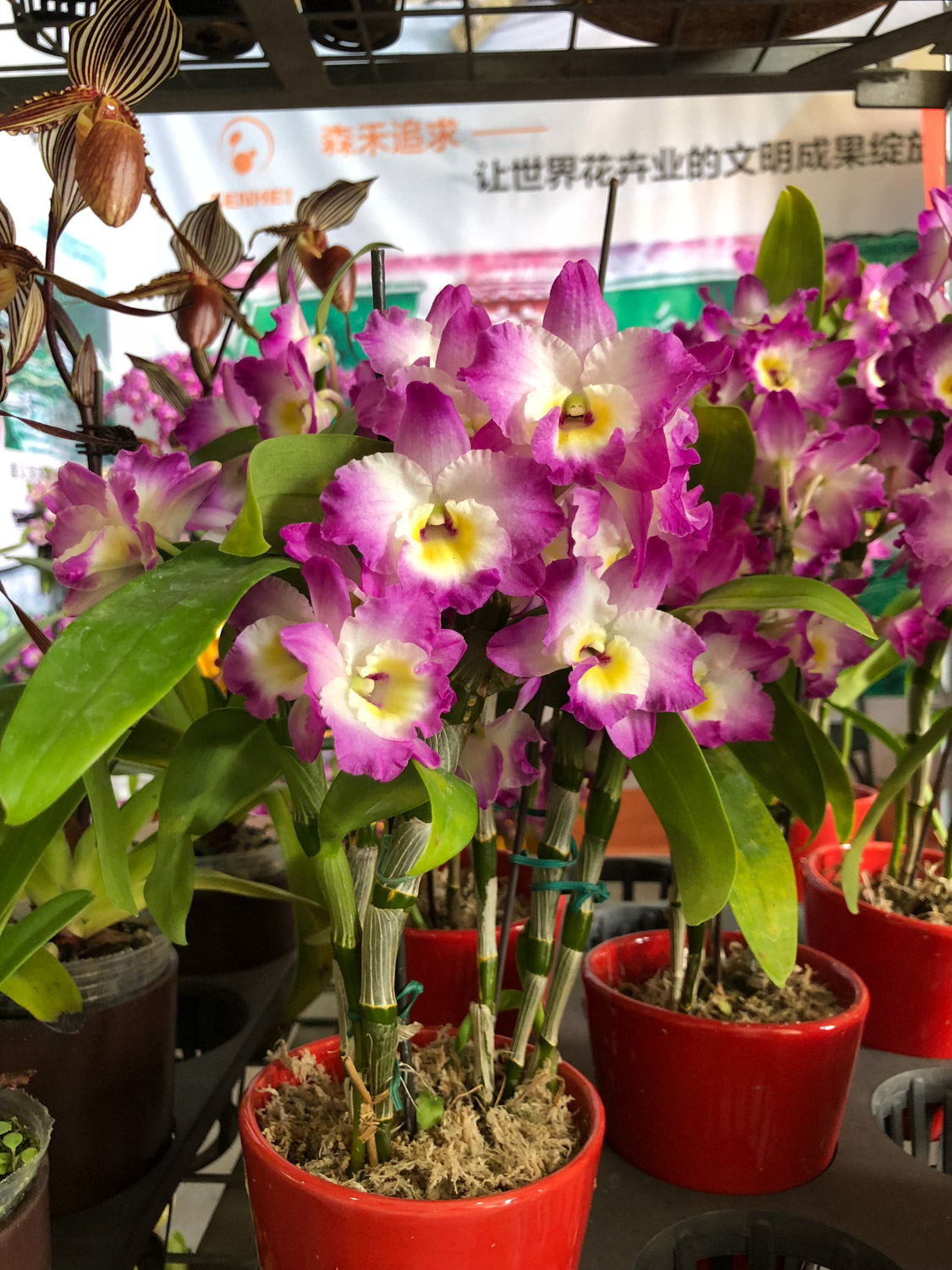
2、 Breeding skills
1. Reproduction: ramets can be used. The first is to choose a suitable mother plant, which needs to be strong and large for reproduction. Then, take it out of the soil and repair the root system. In addition, it's best to cut off the inappropriate branches. After processing, it can be divided into several parts. The separated clumps need to be planted separately and then carefully maintained
2. Change basin: try to change the soil in the basin in one or two years, such as rotten leaf soil, sandy loam, etc. The soil can be changed after drying in the sun. After changing the basin, place it in a cool place
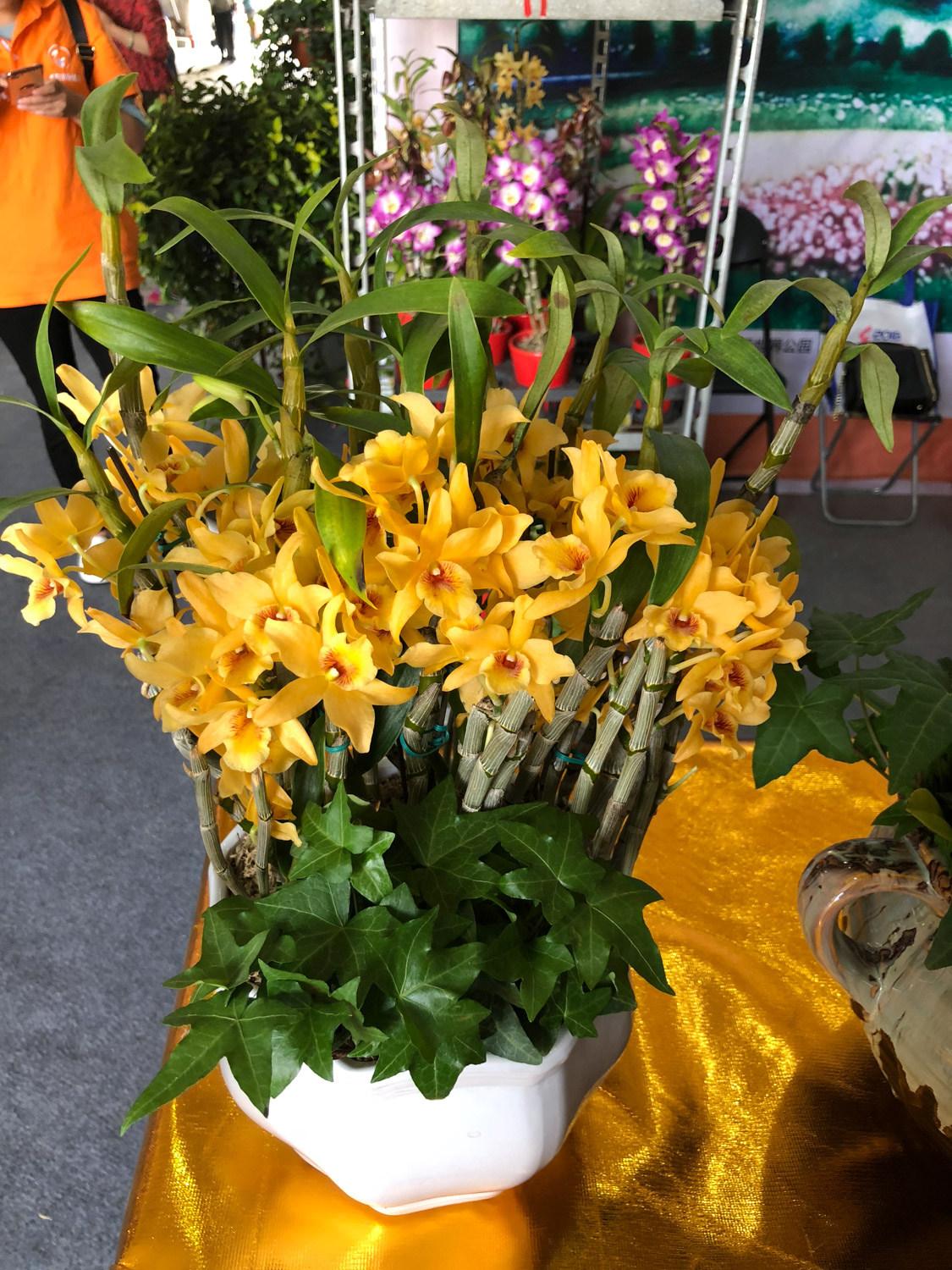
3、 Diagnosis and treatment problems
1. Disease: usually the season of frequent disease is summer and autumn. There are many kinds of diseases, such as "soft rot", "black spot" and so on. Carbendazim can be used for prevention and treatment, and the infected parts can be cut off as soon as possible
2. Insect pests: there are many kinds, such as "snail", "non shield scale", etc. the former can be controlled with lime, while the latter can be controlled with dimethoate solution
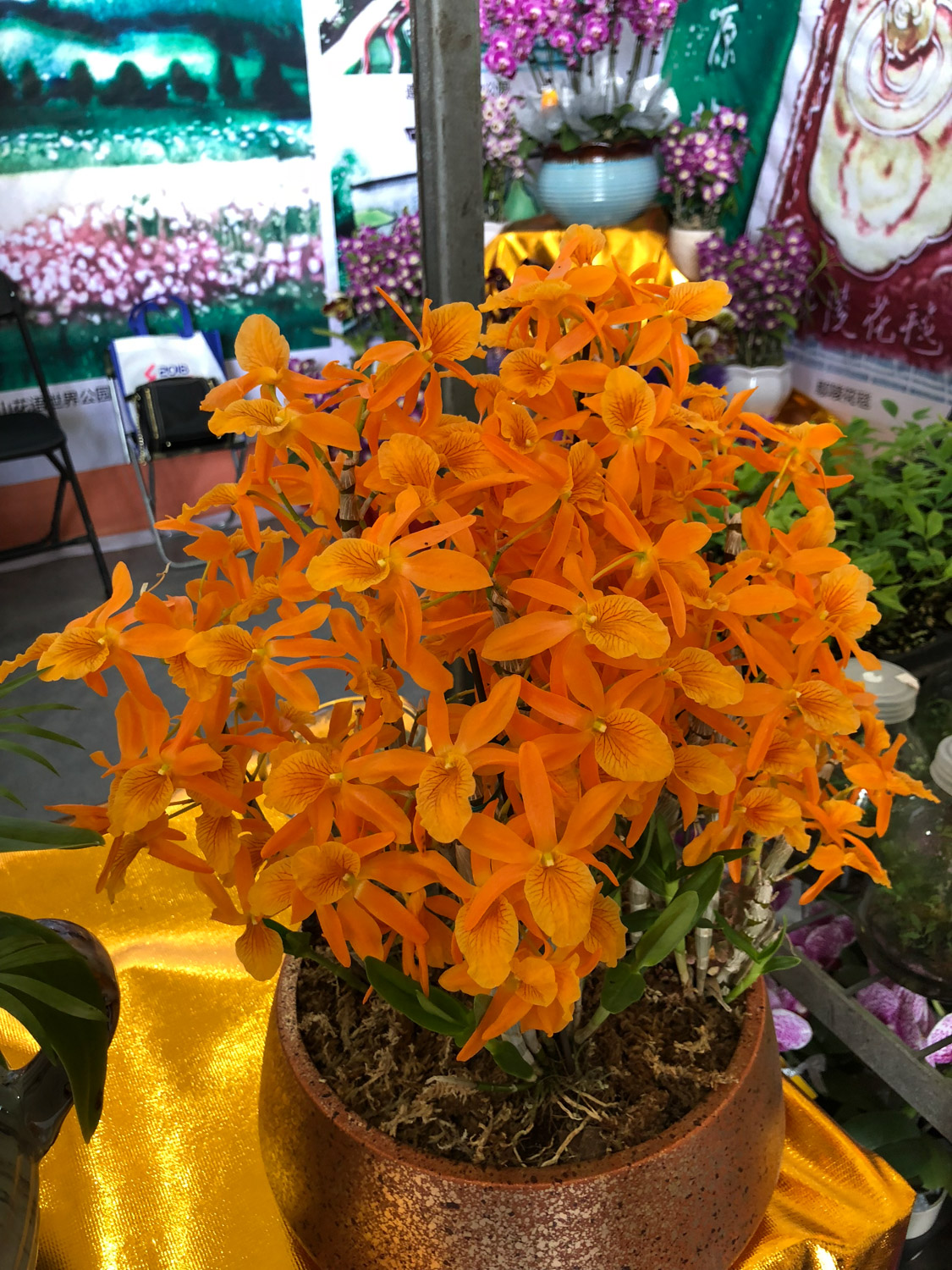
4、 Other issues
1. Toxicity: Dendrobium nobile is not poisonous. It is still a medicinal material
2. Whether it can be raised at home: Yes, its ornamental value is good on the whole, and potted plants can be used as decoration

 jackfruit
jackfruit snake plant
snake plant hibiscus
hibiscus hydrangea
hydrangea lavender
lavender Green roses climb al...
Green roses climb al... If you don't pay att...
If you don't pay att... Management of four g...
Management of four g...
































